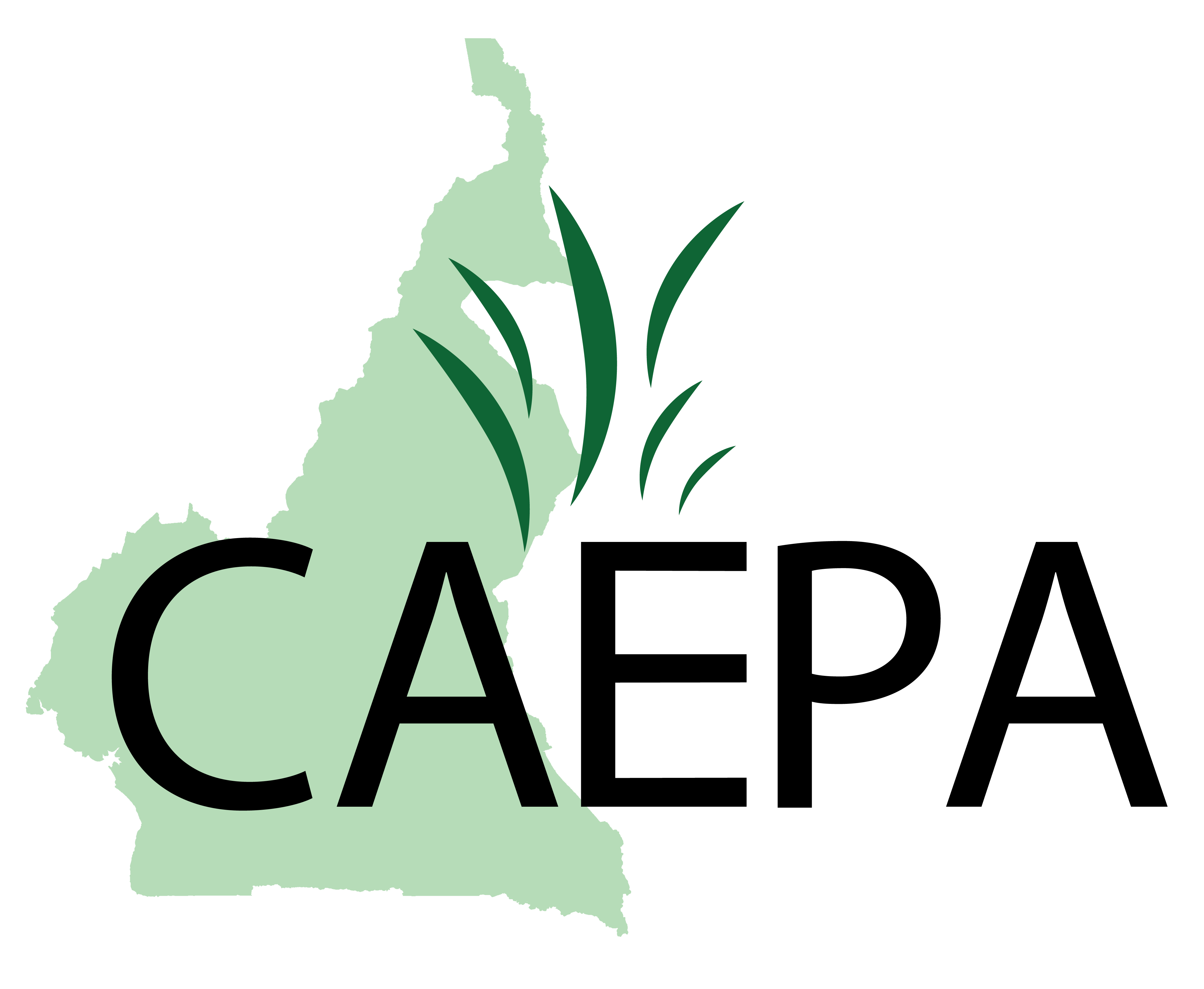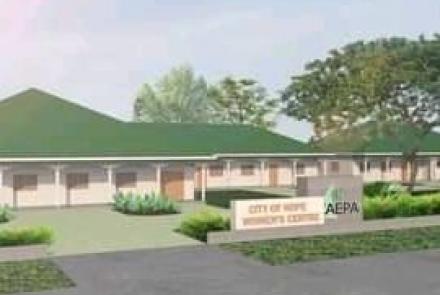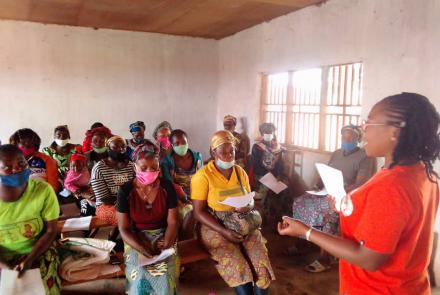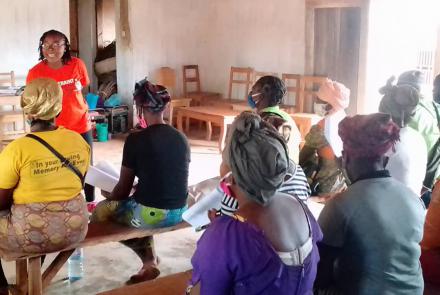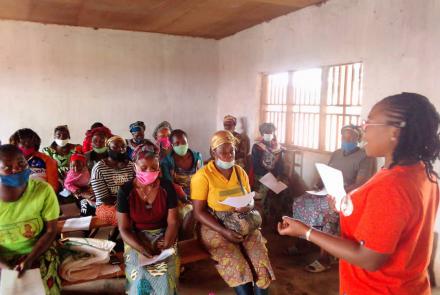Nutrition and Healthy environment
Nutrition and Healthy Environments for Women and Girls
Issues affecting women in their child-bearing years have a. direct impact on the nutrition and food security of the entire household. Collecting baseline data will help inform CAEPA’s interventions in these areas. CAEPA will monitor undernutrition through the gender-specific lens. Understanding dietary patterns, such as who eats what and when is vital to uncovering differences between members of the household. CAEPA will also focus on other issues that are detrimental to the nutrition and health of women and their families, such as food and water-borne illnesses and vitamin deficiencies during pregnancy and among young children.
CAEPA will support at least 50 women to establish their own home gardens using improved seeds and through workshops on household waste management, including compost production to increase garden output, and repurposing materials such as tires in home gardens. CAEPA will also plant 6 school gardens in boarding and orphanage-run schools with nutrient-dense food crops to increase school-going children’s access to diverse food sources.
Additionally, women will be trained not only on how to use improved clay stoves (dramatically reducing the amount of wood fuel required to cook) but also how to build, market, sell and distribute them. This is expected to reduce the burden of fuel-collection and promote sustainable business practices among women.
Building on its ecological profile, CAEPA will also work with two or more community groups to salvage and recycle plastic, paper, glass and metals (aluminum and steel) for local construction needs. This activity will reduce the adverse environmental impact of non-renewables on the ecosystem.
In July 2013, CAEPA conducted a climate change survey in Mbelewa, Mbesi, and Menda. These communities identified many sustainable development challenges, one of which was water scarcity. CAEPA seeks to address water scarcity in these communities by increasing access to water, particularly for women and girls. For women and girls, accessibility to water has an impact on their daily lives and the wellbeing of their families due to their water-gathering responsibilities and domestic and other activities – bathing children, washing clothes, cooking, cleaning, growing crops and taking care of livestock, as well as hygiene during menstruation and the post-natal period. It is also a determining factor in a girl’s access to education.
CAEPA will engage these communities in water and sanitation resource mapping to identify a total of five schools for borehole construction and sanitation improvement. This is expected to lessen the water-gathering burden of school-going girls. Water management committees will be established to work with local government authorities on monitoring and maintaining the borehole construction program. A network of local water governance and catchment protection committees in Balkumbat, Bali Gashu, and Bali Gansin will continue to engage in behavior change communication to improve the management of select catchments in the North-West and South-West regions. Moreover, CAEPA will support household rainwater harvesting in Mbelewa to supplement water provided by the limited “Mile 4” water catchment.
CAEPA has successfully engaged women in micro-credit schemes and will continue to encourage income generation activities for women and girls through eco-innovator school clubs where girls will learn how to run their own eco-businesses. Each club will be paired with local mentors and will focus on business models for eco-innovation and development in solar energy, bicycle repairs, soap-making, making and selling or distributing sanitary napkins and selling used clothing, etc.
